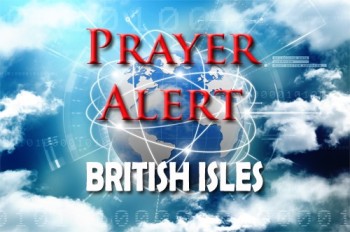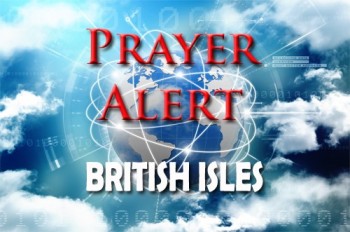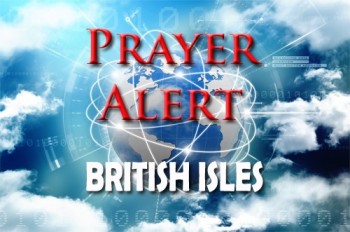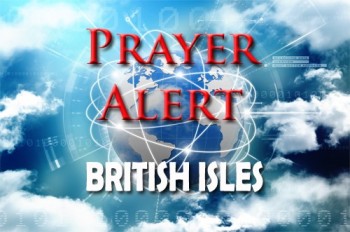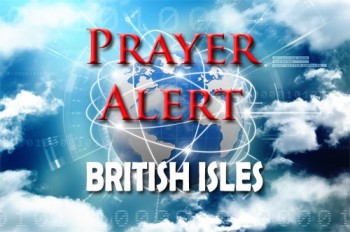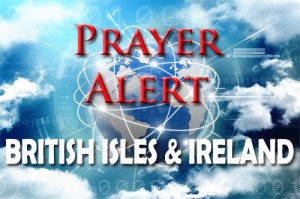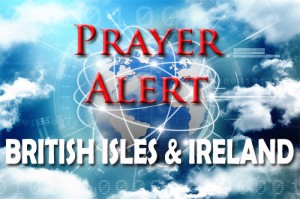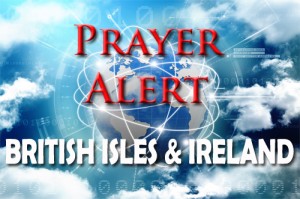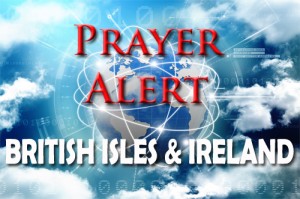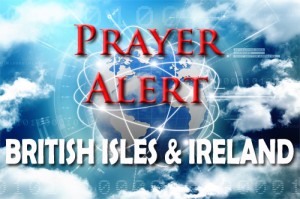Displaying items by tag: Theresa May
Theresa May clashes with Kemi Badenoch over net zero target
Former prime minister Theresa May has criticised Kemi Badenoch’s claim that achieving net zero by 2050 is impossible. Badenoch, the new Tory leader, argued that current environmental policies raise energy costs while failing to protect nature, suggesting the UK should rethink its approach. May said that net zero is challenging but achievable, and warned that delaying action would harm future generations and increase economic and social costs. Former Tory environment minister Chris Skidmore criticised Badenoch’s shifting stance, pointing out her past support for net zero policies as business and trade secretary. Business leaders, including the CBI, also voiced concerns, warning that retreating from net zero could damage economic growth and investor confidence. Environmental groups and opposition politicians condemned Badenoch’s remarks, arguing that fossil fuel dependency threatens both the economy and living standards. Badenoch insists she is not rejecting climate change science but believes net zero is unattainable under current policies.
PM plans fourth Brexit vote as bid to oust her fails
A report on 25 April suggests the prime minister is planning to bring forward a law next week to enact her withdrawal agreement, even though it has been rejected by MPs three times. The law is expected to include new guarantees that the government hopes will entice both Tory Eurosceptics and wavering Labour MPs to vote for the deal. An attempt to force another vote of no confidence in Mrs May was scuppered after senior Tories refused to change party rules to allow another ballot to be held. We can continue to pray for God’s will to be done on earth as it is in heaven. Jesus told his disciples in Matthew 17:20 that if a person has faith as small as a mustard seed, they can say to a mountain, ‘Move from here to there’, and it will move.
PM hosts youth violence summit
Theresa May has hosted an emergency summit, to tackle the epidemic of knife crime and youth violence. The Government plans to see teachers, nurses and police officers held to account if they fail to ‘spot warning signs’ of violent crime among young people. Over 100 experts will explore the scope and potential impact of new ideas, while kick-starting a further programme of action. Pray for Met police commissioner Cressida Dick, home secretary Sajid Javid, Patrick Green from the Ben Kinsella Trust, and Baroness Newlove, the victims’ commissioner for England and Wales, as they explore ways of supporting young people. Pray for good communication between the various strands of new systems to be implemented in the NHS, social services, probation services, police, and schools, so that warning signs are spotted when a young person is in danger.
Brexit vote just 17 days before Brexit
Theresa May is considering Labour’s demands for a parliamentary vote on the UK’s future EU relationship as the price for backing her Brexit deal in her battles with Conservative Eurosceptics. She needs another 110 votes to get her deal through the House of Commons. Labour said the package of greater guarantees for workers after Brexit, unveiled on 6 March, will convince a few to vote for her withdrawal bill; but she could win dozens more representing leave-voting areas with a parliamentary vote on the future relationship with the EU. The view from Brussels is pessimistic, and many believe a delay to Brexit day is likely. Five EU diplomats said, on condition of anonymity, ‘Not much is moving. The UK keeps insisting on the same things, time limit and unilateral exit. We keep explaining why this can’t happen.’ Bulgaria's foreign affairs minister said, ‘We are open to an extension of Article 50, but it should be with a clear firm orderly Brexit.’ See
Brexit: May goes back to Brussels but EU says nothing has changed
Theresa May was handed a two-week deadline to resuscitate her Brexit deal last night and pledged to go back to Brussels to demand changes to the Irish backstop, with only 59 days to go until exit day. But within minutes of the Commons result, the European council president, Donald Tusk, announced that the EU was not prepared to reopen the deal. Steve Baker, the deputy chair of the backbench European Research Group, announced that its members could still reject any renegotiated deal she brought back. ‘A vote for the Brady amendment is a vote to see if the PM can land a deal that will work. If not then we are not committed,’ he said. Pray for the swirl of media comments around Brexit to be free from conjectures and distressing summaries.
Brexit - what might happen?
On 12 December, a majority of Conservative MPs declared their confidence in Theresa May as party leader. The next day she went to Brussels to talk to EU leaders, who have told her that there could be clarifications but no major renegotiation. The crucial vote in Parliament on the Brexit deal has now been postponed until January 2019. What might happen if it is rejected? Some believe a no-deal Brexit would be an act of national self-harm: others think a Norway-style deal would make the UK a rule-taker, not a rule-maker. Some believe a general election would risk another hung parliament and continued paralysis: others that a second referendum would intensify social divisions and further undermine parliamentary sovereignty. Britain might have to choose one of these courses of action. See
Embattled PM stands by draft Brexit agreement
On 15 November, the day after Theresa May persuaded her cabinet to endorse the draft EU agreement, two cabinet ministers (including Dominic Raab, the Brexit secretary) and three junior ministers resigned in protest, and Mrs May had to defend her actions against a chorus of criticism by MPs. At the time of writing her survival was far from certain. However, she resolutely defended the deal, saying, ‘The course I have set out is the right one for our country and all our people. Am I going to see this through? Yes.’ Meanwhile, Michel Barnier and his colleagues also have to ask the 27 EU members to approve the draft agreement, which might raise further difficulties. On 25 November, the draft deal will go to an EU summit, and in December it will need to be approved by Parliament. Given the degree of turmoil, your prayers are needed more than ever. To help you in this, you might want to use the declaration issued by Passion for the Nation, entitled ‘The Mother of Parliaments’. See http://passionforthenation.uk/
Boris Johnson and the Saudis
Parliamentary papers revealed that Boris Johnson had a £14,000 all-expenses-paid trip to Saudi Arabia, two weeks before the murder of journalist Jamal Khashoggi in its Istanbul consulate. Mr Johnson flew to Jeddah for a three-day visit, where reportedly all expenses were paid by the ministry of foreign affairs. His goal was to meet regional figures to promote education for women and girls. When he was foreign secretary, he refused to back halting arms sales to Saudi Arabia, and was accused by human rights groups of blocking a UN investigation into Saudi war crimes committed in Yemen. The UK government’s support of the country has not wavered. Although the USA calls for a Yemen ceasefire (see the World article ‘Yemen: vision of ceasefire), Theresa May does not support this move, telling MPs that it would only work if there is a political deal between parties. See
PM rebuts archbishop’s comments
Theresa May has replied to the Archbishop of Canterbury after he criticised the Government’s record in tackling poverty. She said that working hard was ‘the best route out of poverty’, rather than state interventions. Jeremy Corbyn used his speech to the party conference to praise the Archbishop and his recent report, in which, he said, ‘economic justice needs to be hard-wired into the way the economy works’. Justin Welby has adopted an increasingly strident tone in recent weeks, most notably with an outspoken attack on zero-hours contracts and the lack of opportunity for young people at the TUC’s annual conference. He said the wealthy should pay more tax, adding, ‘We cannot continue with an economy that works so badly for so many’. Theresa May’s reply to the archbishop was made on her trip to the USA, where she addressed 200 business leaders about the advantages of investing in the UK after Britain leaves the EU.
Theresa May in Salzburg
The Prime Minister used a dinner in Salzburg to make the case for her Chequers strategy for future relations, and told the EU they must ‘evolve’ their stance on the Irish border. Before the event, she said Chequers was the only credible plan to allay concerns on the Irish border and trade disruption. However, the EU chief told Theresa May her Brexit plan needs to be reworked. We can pray for God to pour His wise insights into all European and British leaders as they continue to create workable plans for the future. May God powerfully bring about His purposes for the nations through what is agreed and done at this time. The media are saying that leaders do not want to disclose their thoughts and plans fully at this stage for fear of their being rejected, and caution will result in decisions not being made until the very last minute. See also
